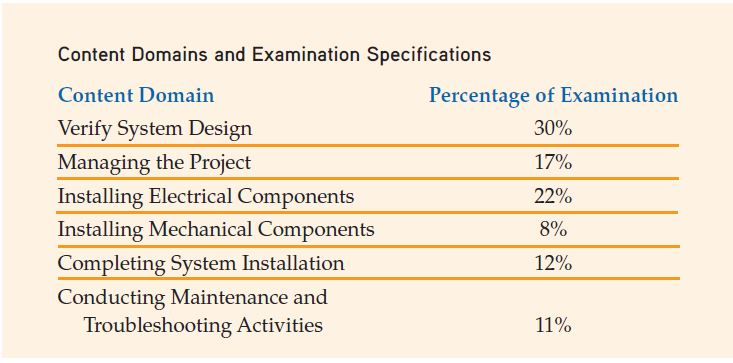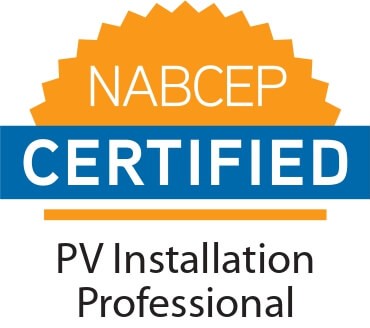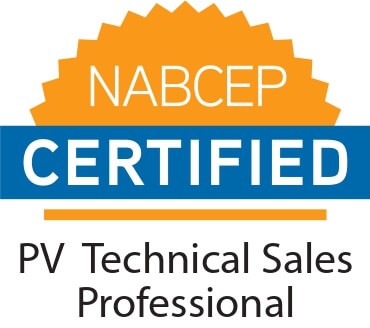pánský náhrdelník kůže zub
panske tricka
thepolarispetsalon.com
teplakova suprava panska
feinsmecker strømper
teplakova suprava panska
thepolarispetsalon.com
saralilphoto.com
panske tricka
villapalmeraie.com
teplakova suprava
ribstol elan
thepolarispetsalon.com
saralilphoto.com
In a recent post I wrote that an Electrician license alone – even a Master Electrician license – does not qualify you to design and install solar systems. I totally respect the fact that a Master license is a great achievement that requires significant experience and training, but it’s not solar specific. Some took exception to that position, but those are just the facts, in my opinion, and I think I have the experience and credentials to have that opinion.
Most states address this by requiring a building and an electrical permit to legally install a residential or commercial solar system. And in most cases, the plans have to be sealed by a licensed Professional Engineer.
But in many parts of West Virginia, as far as I can understand based on multiple inquiries to the Contractor Licensing Board, there are no clear licensing rules.
At Milestone, we have two licensed Master Electricians in our group, and I’ve worked with other Master Electricians as fill-ins, and I can tell you with total certainty that until you’ve received some formal training on solar systems, or on-the-job oversight from a trained and certified NABCEP installer, you’re not qualified to install all of the electrical components of a solar system, let alone design solar systems. There are many specific electrical issues that are quite unique to solar systems. And electrical is only part of the process. That’s not just my opinion. That’s according to NABCEP’s Job Task Analysis (JTA), spelling out in detail the areas their installer certification test covers and the percentage of questions for each area of expertise (Content Domain in the table below).

As you can see, installing electrical components is only 22 percent of the exam, while the biggest area is the System Design Content Domain at 30 percent. An Electrician license alone does not qualify you to properly and safely design even the electrical parts of a solar system. And then there are all the mechanical/structural questions and very important troubleshooting questions which one learns only through formal solar system training and experience.
This concern was never much of an issue for us in the past because Maryland, Pennsylvania and Virginia had permitting and licensing requirements in place insuring that qualified, licensed companies were installing solar. In West Virginia, (with the exception of some installers selected by the Solar Co-Ops) the vast majority of the solar being installed was by a few companies with NABCEP certified personnel, and with industry standard credentials and licenses. The companies observed International Building Code (IBC), National Electrical Code (NEC), and industry best practices, and this insured safe, structurally sound, and productive solar systems. But things are changing in West Virginia, as we now have more and more systems being installed by what I consider to be marginally qualified solar companies, totally lacking in professional credentials, qualifications and experience, and over time, this will impact customers.
Do your own research. Ask for reference installs. Ask about licenses and certifications. Talk to existing system owners. Then, I invite you to give us a call or fill out a web page contact form for a free professional consultation and proposal.




